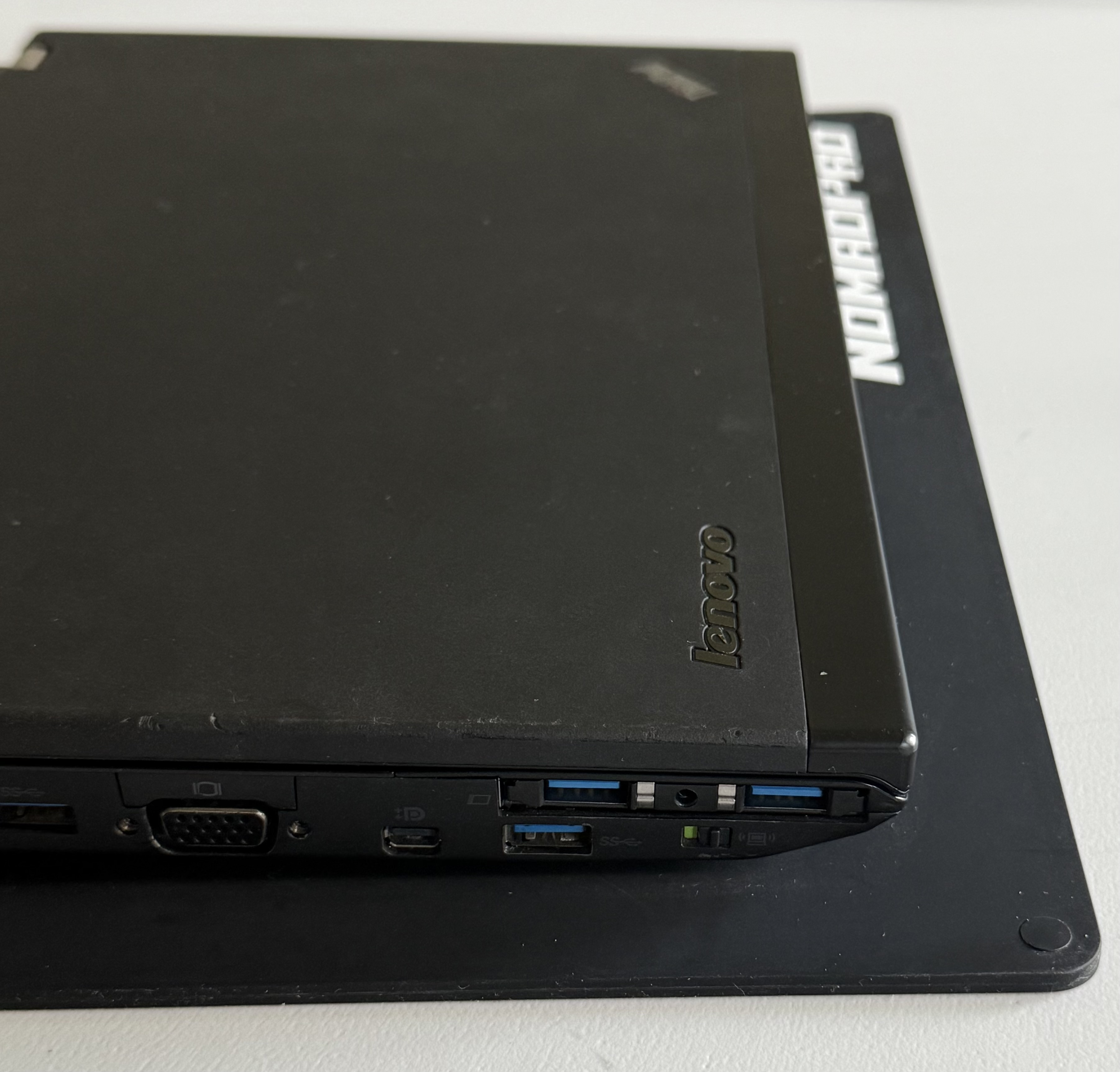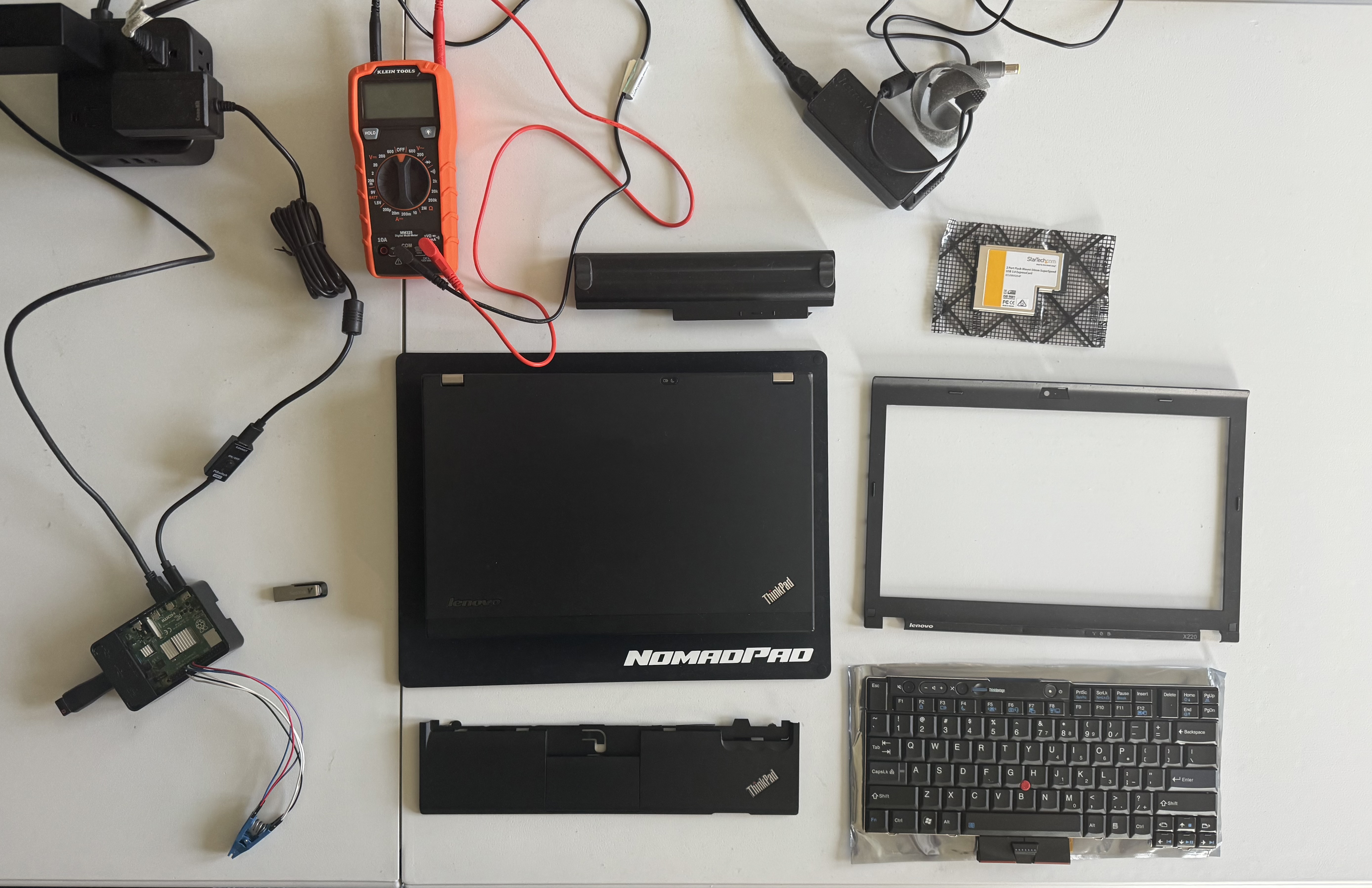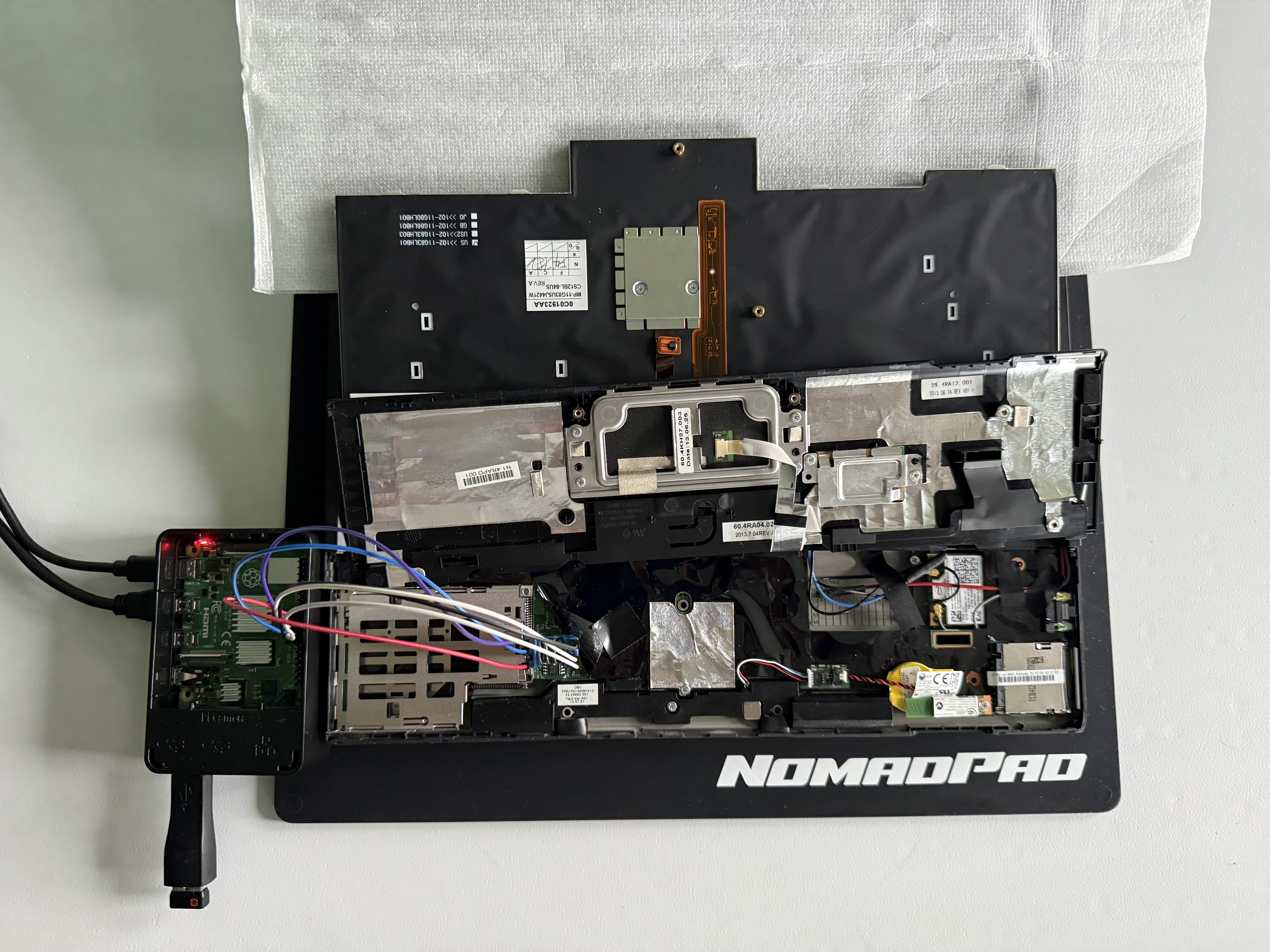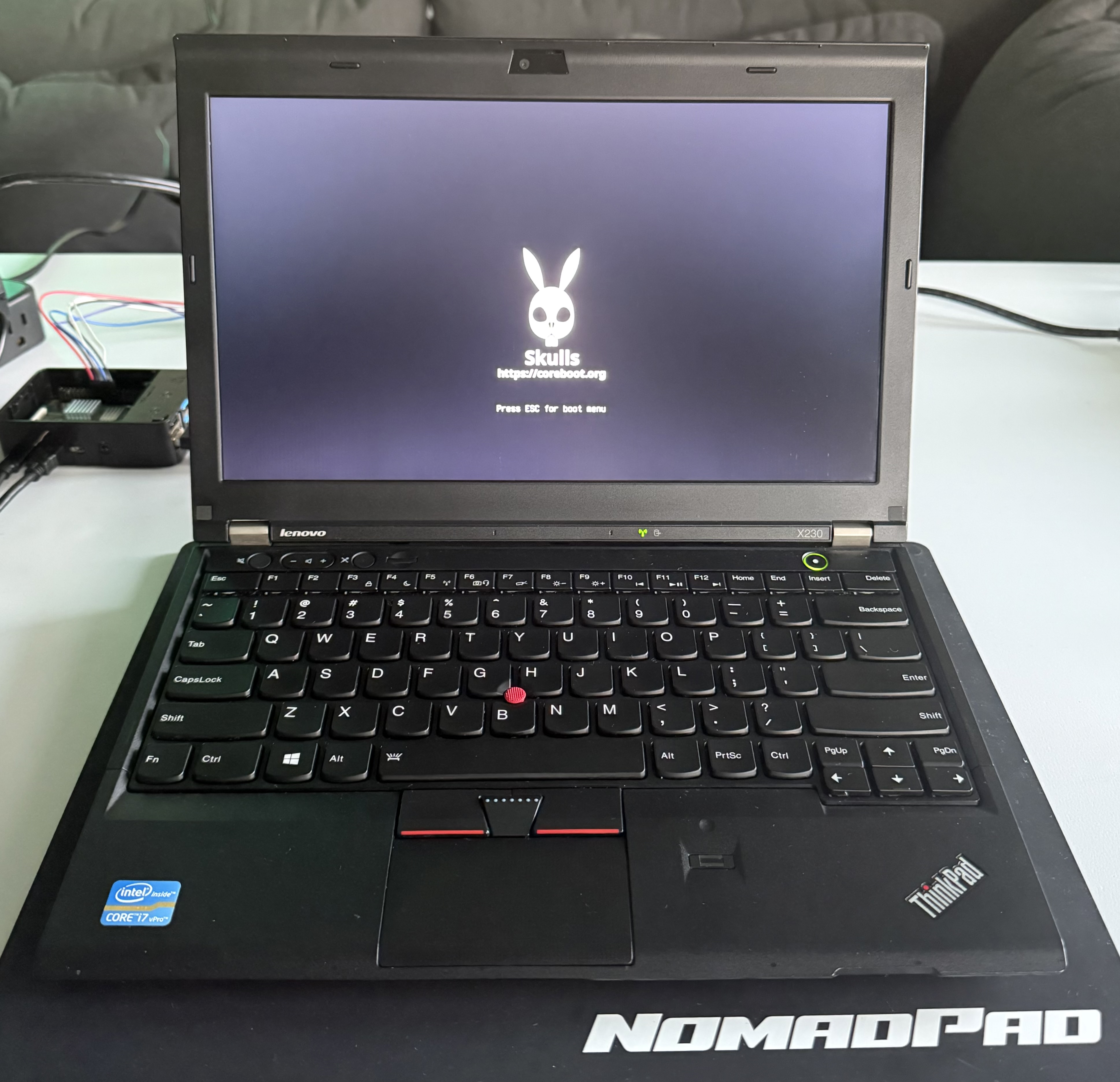Flashing Coreboot on ThinkPad X230: Disabling Intel ME with Skulls

The ThinkPad X230 has earned a legendary reputation in the Linux and security community. It's compact, durable, easily serviceable, and still powerful enough to serve as a daily driver more than a decade after release. With 16GB RAM support, socketed CPUs, and a classic keyboard form factor (especially when paired with the X220 keyboard mod), it’s a laptop built for hackers and tinkerers.
What makes the X230 even more interesting is how much control you can reclaim over the hardware. Out of the box, like most Intel systems, it ships with proprietary firmware and the Intel Management Engine (ME) — a closed subsystem with deep access to your machine. For anyone serious about security or digital sovereignty, that’s unacceptable. The solution is to flash open-source firmware with Coreboot, and specifically the Skulls project, which provides prebuilt, tested images for the X230 that disable Intel ME.
Why Flash Coreboot?
- Disable Intel ME: Reduce the attack surface by neutering Intel’s opaque subsystem.
- Faster boot times: Coreboot initializes hardware quickly, shaving seconds off startup.
- Transparency: Open-source firmware gives visibility into what’s actually running on your machine.
- Customization: Boot with SeaBIOS, GRUB, or other payloads depending on your needs.
Flashing Coreboot isn’t just about security, it’s about taking back control of your machine and extending the usable life of great hardware.

Required Tools
This process requires direct access to the BIOS chips on the motherboard. Here’s what I used:
- Raspberry Pi (as a programmer) with SPI enabled
- Pomona SOIC-8 clip with female-to-female jumper wires
- Multimeter (to confirm voltage)
- ThinkPad X230 (disassembled to access BIOS chips)
- Skulls release files from GitHub

Step-by-Step Process
1. Identify the Chips
The X230 has two flash chips:
- Top chip (4MB): BIOS region
- Bottom chip (8MB): Contains Intel ME
2. Backup the Firmware
Attach the Pomona clip to the top chip, confirm 3.3V with the multimeter, and run:
sudo flashrom -p linux_spi:dev=/dev/spidev0.0,spispeed=512 -c "MX25L3206E/MX25L3208E" -r top_2.rom
sha256sum top_1.rom top_2.rom
Repeat for the bottom chip:
sudo flashrom -p linux_spi:dev=/dev/spidev0.0,spispeed=512 -c "EN25QH64" -r bottom_2.rom
The checksums must match before proceeding.
3. Flash Skulls
Download and extract the latest Skulls release:
tar -xf skulls-1.1.2.tar.xz
cd skulls-1.1.2
Flash the bottom chip first, which disables Intel ME:
Then flash the top chip with Coreboot + SeaBIOS:
4. Reassemble and Boot
Once both chips are flashed, reassemble the X230. On boot, you should see the Skulls splash screen instead of the Lenovo logo. From here you can install your preferred operating system, in my case, Arch Linux.

Results
The laptop boots faster, Intel ME is effectively disabled, and I have confidence in the firmware running beneath my OS. For an i7 ThinkPad from 2012, the X230 feels alive again. Pairing this with Linux makes it a secure and highly capable daily driver that I actually enjoy using.
Flashing Coreboot isn’t for the faint of heart, but it’s an empowering project. Beyond just hardening your laptop, it’s an exercise in taking ownership of your hardware.
More Posts
- Why I built PDF Library - A Private, Distraction-Free Way to Read and Organize PDFs
- Customizing Arch Linux on a ThinkPad - A minimal i3 setup from scratch
- Arch Linux Installation on Legacy Hardware - Complete setup guide for 2012 ThinkPad X230
- ThinkPad Classic Keyboard Retrofit - Replacing chiclet keyboard with 7-row classic layout
- Building a Secure Home Lab - Network design for remote access, media storage, and VPN infrastructure
- Building CalcPlus, PDFDarkMode, and MemoryPush - Why and how I built these mobile apps